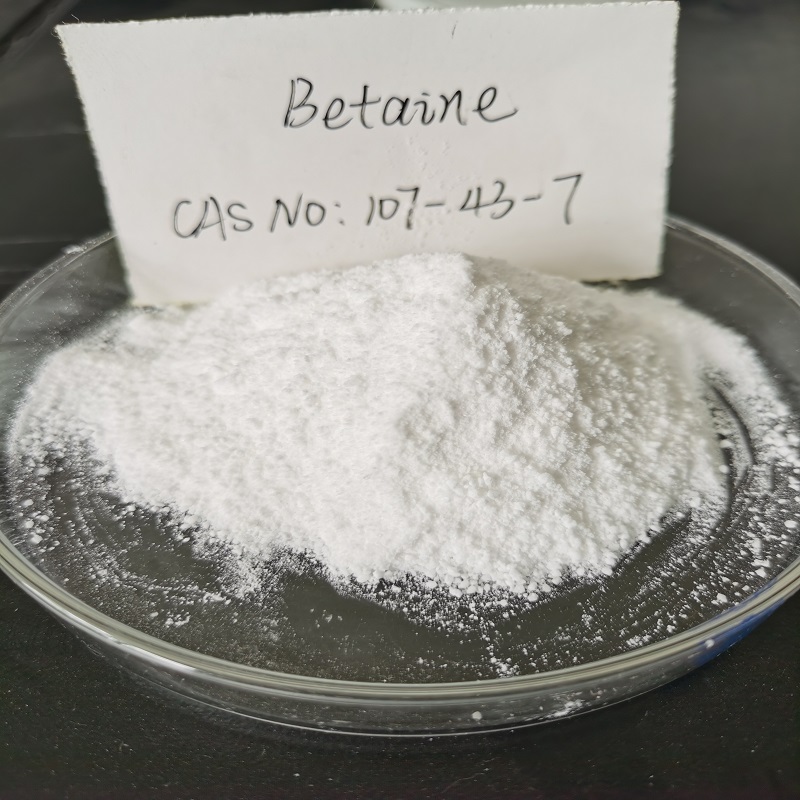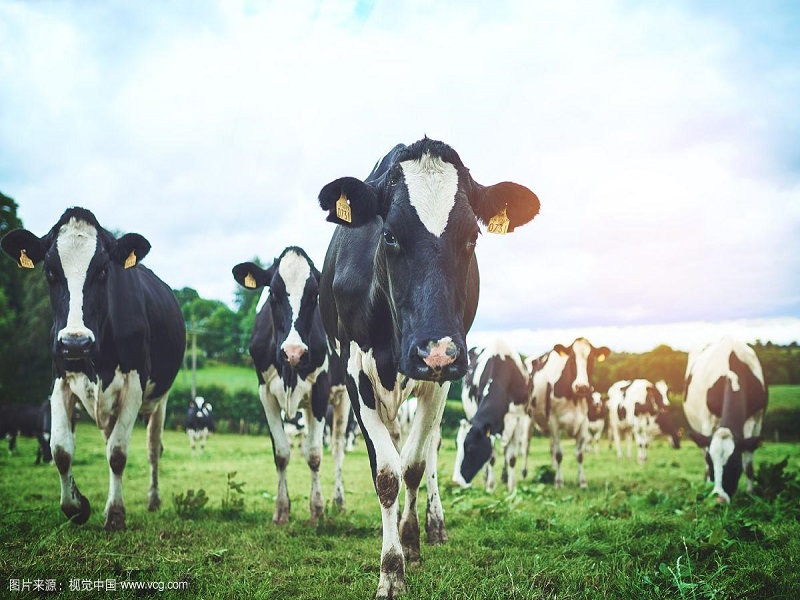Is betaine useful as a ruminant feed additive?
Is betaine useful as a ruminant feed additive? Naturally effective. It has been known for a long time that pure natural betaine from sugar beet can produce obvious economic benefits to for-profit animal operators. In terms of cattle and sheep, especially weaned cattle and sheep, this chemical can be used as a body infiltration regulator and hydroxyl kidney source. Betaine is appropriately described as a trihydroxy compound of glycine, and its relativity is much purely natural in aquatic invertebrates and cabbage. It is widely used in cattle and sheep in modern times.
- The extremely hot summer will reduce the breeding ability of cows and sheep. As an infiltration regulator, betaine can reasonably improve the breeding ability of cows and sheep. Studies on improving cows and sheep show that adding pure natural betaine to concentrate can improve the gastrointestinal support of animals, and adverse conditions such as heat stress reaction will reduce the gastrointestinal ductility of animals. When the working temperature rises, blood will preferentially flow into the skin to facilitate heat removal. This will reduce the blood flowing into the digestive tract, which in turn will endanger digestion and absorption and reduce the absorption rate of nutrients. Breeding ability.
- The two-way effect of betaine can improve the production and manufacturing characteristics of animals in every link of pregnancy, pregnancy, feeding and baby rearing. In the later stage of weaning, dehydration caused by physiological stress response is a key challenge for cattle and sheep operators. As a penetration regulator, pure natural betaine can improve the maintenance, digestion and absorption of water and reduce the consumption of kinetic energy according to its efficacy and the balance of calcium, magnesium and positive ions in somatic cells.

